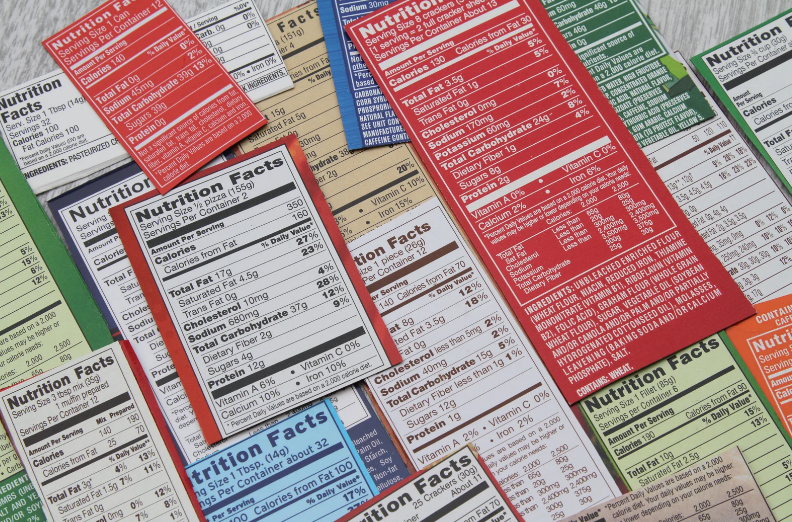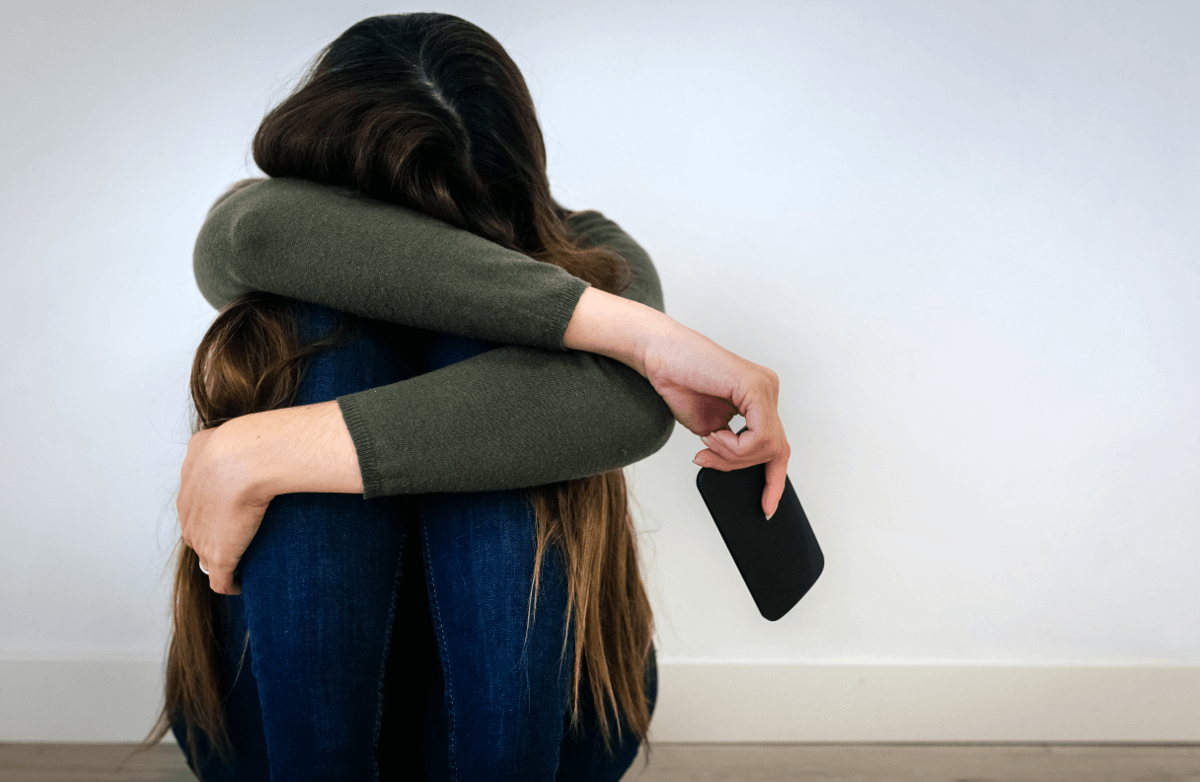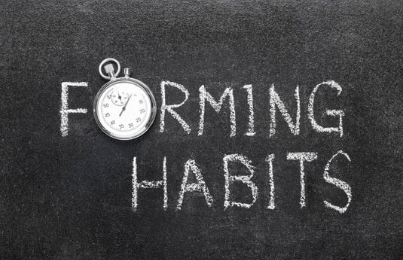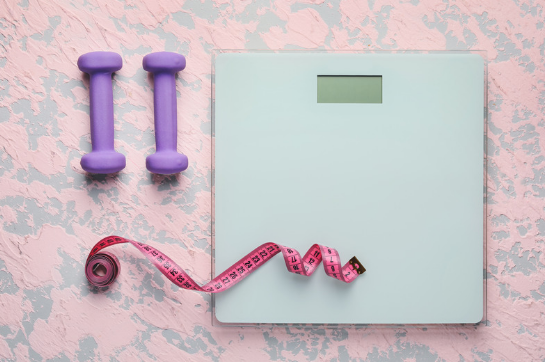When there's a
It definitely doesn’t mean that you’ll have to wait until your depression has cleared up before you’ll be able to start building up a regular exercise routine. In fact, it probably means just the opposite. You might need to stop looking for your motivation or waiting for it to appear before you start working out. Instead, recognize that feeling unmotivated is part of the illness and that starting a regular exercise routine is an important part of the cure. It’s a lot like getting out of bed in the morning on a low day—you might not feel like it, but you know that if you don’t do it, things are only going to go downhill.
The good news is that actually starting an effective exercise routine isn’t as unpleasant or difficult as it seems. Just because you're depressed doesn't mean you'll to have to spend weeks or
Start with where you are today, and move forward from there.
Exercise doesn’t have to mean 60 minutes of heart-pounding, heavy-breathing activity that leaves you sweaty, sore and exhausted. And you don’t need any special equipment or a gym membership to get started. You can start with something as simple as a walk around the block, going up and down your stairs a couple of times, or just taking some time to stretch your muscles while you’re watching TV. The important thing at first is to make a deal with yourself that you’ll do something every day rather than nothing. Once you’ve established a good streak of doing some activity every day, you can take the next step of trying to do a little more today than you did yesterday, and setting some realistic goals or physical challenges that will keep things interesting.
Pay attention to how your efforts make you feel.
One of the primary benefits of exercise, especially if you’re dealing with depression, is the way it stimulates the release of endorphins and neurotransmitters in your brain. These are your body’s natural feel-good chemicals, and they can provide a significant mood boost at the same time they’re helping you generate some motivation to keep moving. You can make it easier for your
Notice how you’re feeling before, during and after your exercise. Did your energy level pick up once you got started? Did you feel better afterward than you did before you started? How do you feel after you decide to skip your workouts, and how does that compare to how you feel when you decide to just do it? On days when you find yourself struggling to get started with exercise, take a moment to ask yourself how you’d rather feel today and which choice seems most likely to help you make that happen?
Be aware though, that exercise isn’t a substitute for other forms of treatment you might also need when you’re dealing with a clinical depression. Rather, it’s a way you can help increase the positive effects of those treatments.
Reward yourself for successes, small and large.
One of the best ways to turn one good decision into a string of good decisions is to reward yourself. Earlier I mentioned starting a streak of days on which you decide to do some kind of physical activity rather than none. You can help
Once you’ve achieved your first goal, set another one that’s a bit more challenging, like working your way up to 30 minutes of exercise, and find a new reward. Keep your goals specific, relatively short-term, and reasonable and always keep in mind that progress doesn’t require perfection. If you miss a day of exercise that doesn’t end this whole project—it just means you start counting your days over at one again.
Share your efforts with someone else in the same boat.
One of the factors that can make
Most communities have in-person support groups focused on depression recovery, and there are many online resources that include social communities. You can find active message board threads, as well as online exercise buddies and accountability partners you can hook up with if you think that would be helpful. There’s nothing like the feeling of not wanting to let your exercise partner down to get you up and moving when you might otherwise not.
Depression is an illness that can threaten your quality of life, but by confronting the symptoms head-on and taking constructive steps toward solutions, you can improve your outlook and life for the better.













